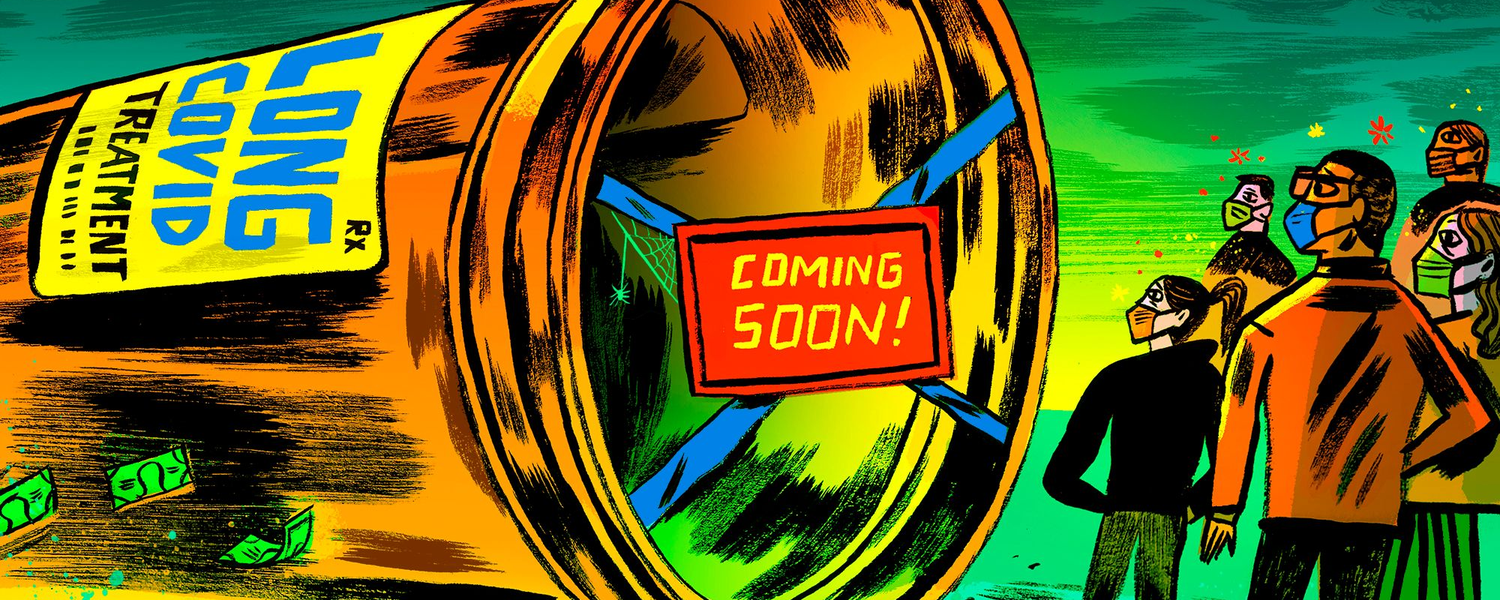Members of the Indigenous Investigative Collective recently joined MuckRock for a webinar to discuss how they’ve used records laws, data analysis and reporting to understand the impact of COVID-19 on Navajo Nation, including how a patchwork of transparency laws left key questions unanswered.
In May 2020, Navajo Nation reported the highest per capita rate of COVID-19 infections in the country, so the IIC sought records from medical examiners in the surrounding counties to understand the devastation. But rejected requests and problems with state and county data have made it very difficult to know the full scale of impact and true number of deaths in native communities.
In the webinar, journalists Christine Trudeau from High Country News, Jourdan Bennett-Begaye from Indian Country Today, and Tristan Ahtone from the Texas Observer discussed how the pandemic revealed already existing weaknesses in data reporting and how they collaborated across newsrooms to tell the story that spanned numerous jurisdictions. Joe Hanel from the Colorado Health Institute also joined and talked about how different agencies and research organizations provided access to data.
One issue, explained Bennett-Begaye, has been racial misclassification on death certificates due to a doctor, medical examiner or coroner incorrectly assuming the deceased’s race and ethnicity. But even if the information is accurate and complete, the certificate ultimately goes to the state, and how it will be categorized is out of the recorder’s hands. Some states allow the release of the information while others completely restrict it.
Additionally, health care is a complex system of providers including the Indian Health Service, private hospitals, VA hospitals, and others that do not share a unified method of recording data. The inconsistencies in electronic record systems and record formatting make it difficult to capture and compare information.
Watch the entire webinar and read more analysis from Ahtone in Poynter regarding the need for stronger access.



